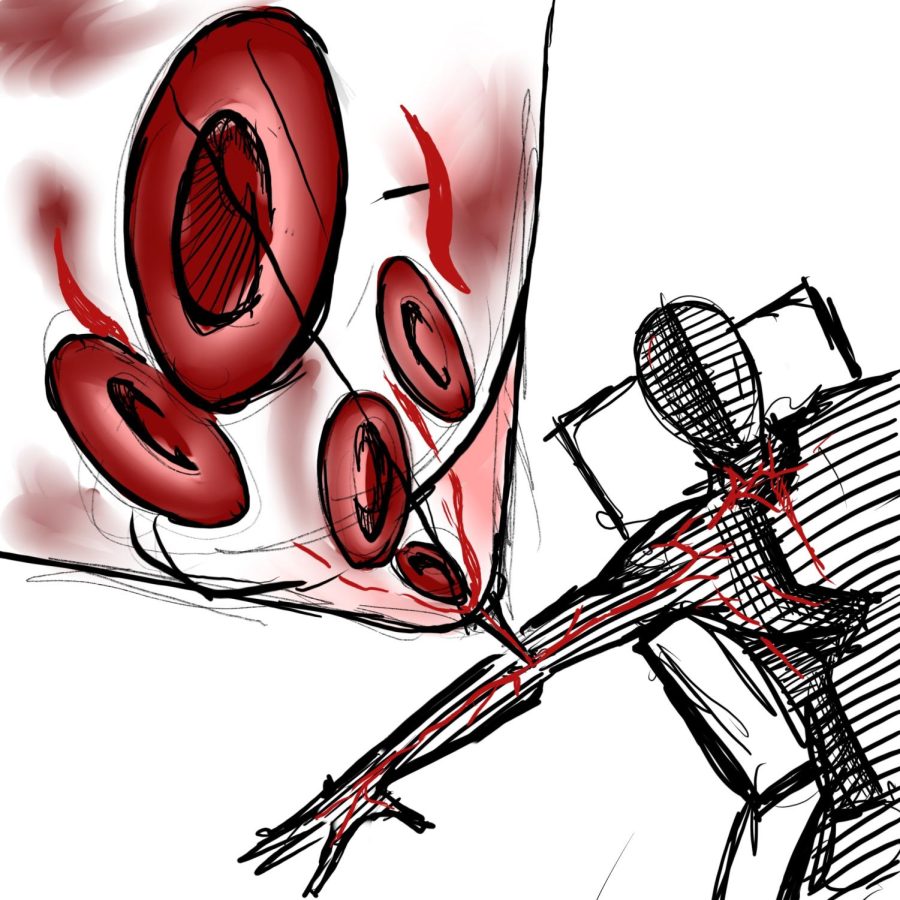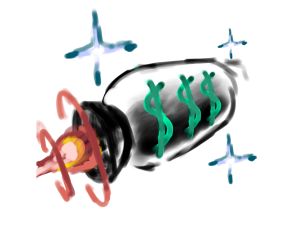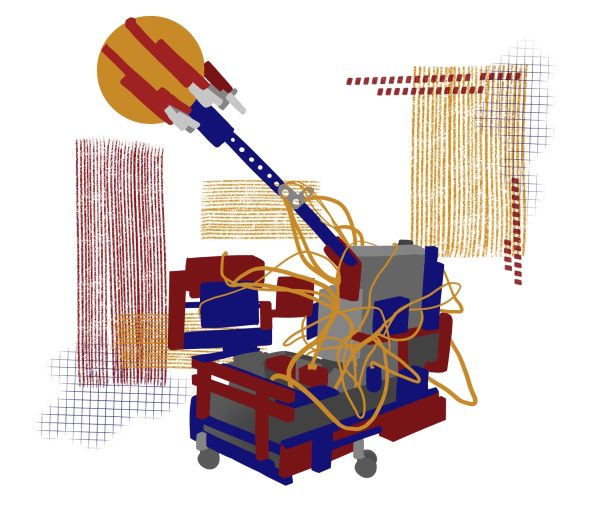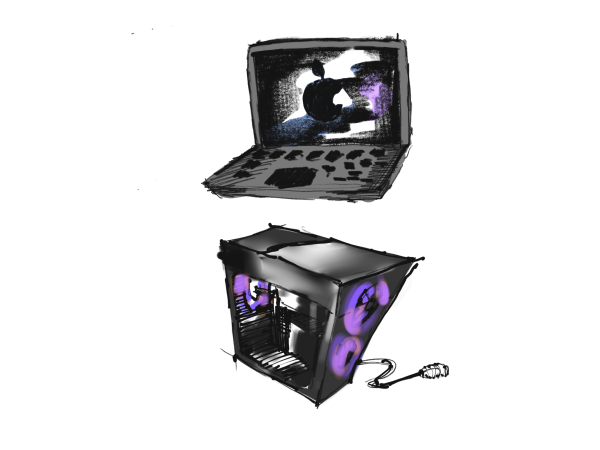PANS: An Autoimmune Disease in Children
February 1, 2023
A concealed, corruptive disorder. Just in the United States, 1 in 200 kids are affected by Pediatric Acute-onset Neuropsychiatric Syndrome (PANS), an auto-immune disorder. Sophomore Avery Wilson is raising awareness for this underdiagnosed disorder. Unfortunately, only a small percent of the population has awareness, so many more children may have PANS but are not diagnosed.
“This leaves the illness to worsen and possibly create new problems,” Seika Oelschig said, a senior affected by PANS, said.
“It’s really underfunded, underresearched, and underdiagnosed,” Wilson said.
As an advocate for patients, Wilson expressed that more people need to understand the significant impact the disorder has on the body. Due to Wilson’s efforts trying to spread awareness and recruiting volunteers in her community, she gained the title of being a Stanford PANS ambassador. She helps the Stanford PANS clinic with a fundraiser and a blood drive where the donations go to research for PANS, mental and physical disabilities, and other infections. To understand the cause and effect of the illnesses, doctors compare the blood of a healthy participant to an affected patient. As a bonus, healthy volunteers receive $50 in compensation and community service hours.
“If people see this and think ‘Oh that sounds like me!’ and are able to find help, that would be really cool,” Wilson said.
Many medical professionals disregard the disorder because they don’t deem the symptoms severe or fatal. PANS affects children ages 3 to 13. It starts when the immune system mistakenly attacks the brain, specifically the basal ganglia, which controls one’s thoughts, feelings, and movements. This is an example of an autoimmune disease where the immune system attacks its own body. PANS is also a hereditary disease, so children with family history are more susceptible to it. Because of the lack of research, doctors don’t have a definite explanation for the true cause of the disease. Scientists have discovered that PANS and PANDAS, a subgroup of PANS, can be triggered by bacterial infections, such as the flu and chickenpox.
Within 48 to 72 hours, the neuropsychiatric symptoms, such as depression and sleep impairment manifest, which happen quite suddenly. PANS is also considered a form of Acute-Onset obsessive-compulsive disorder (OCD). Typically, OCD symptoms develop gradually; however, with Acute-Onset OCD, fully developed symptoms show up overnight.
Children with PANS may also experience severe obsessions, repeated rituals, tics, anxiety, depression, irritability, food restriction, and learning blocks.
PANDAS is associated with streptococcal infections like strep throat. Sometimes, children have what doctors call “occult” infections, as they are carriers of the virus but are not affected by the symptoms. This causes doctors to often misdiagnose children.
Luckily, both PANS and PANDAS can be treated with cognitive behavioral therapy and medicines like anti-depressants.












